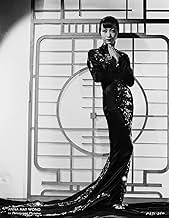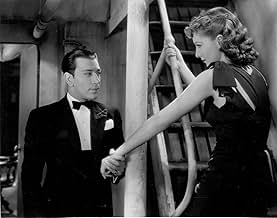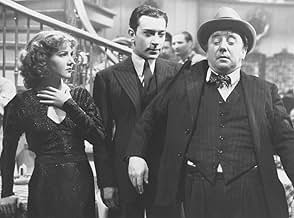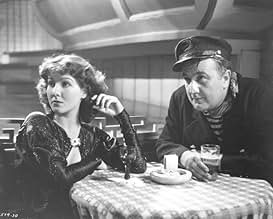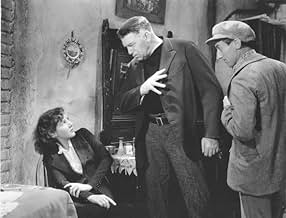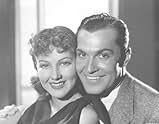Fresh from Chinatown in New York, Harry Young has taken over the illegal import business in the seedy Limehouse district of London, where he cold-bloodedly disposes of rivals and runs a smok... Read allFresh from Chinatown in New York, Harry Young has taken over the illegal import business in the seedy Limehouse district of London, where he cold-bloodedly disposes of rivals and runs a smoky nightclub. He falls for a low-class white pickpocket, diminishing his pride in the Chine... Read allFresh from Chinatown in New York, Harry Young has taken over the illegal import business in the seedy Limehouse district of London, where he cold-bloodedly disposes of rivals and runs a smoky nightclub. He falls for a low-class white pickpocket, diminishing his pride in the Chinese half of his heritage and sparking the jealousy of the nightclub's moody star performer.

